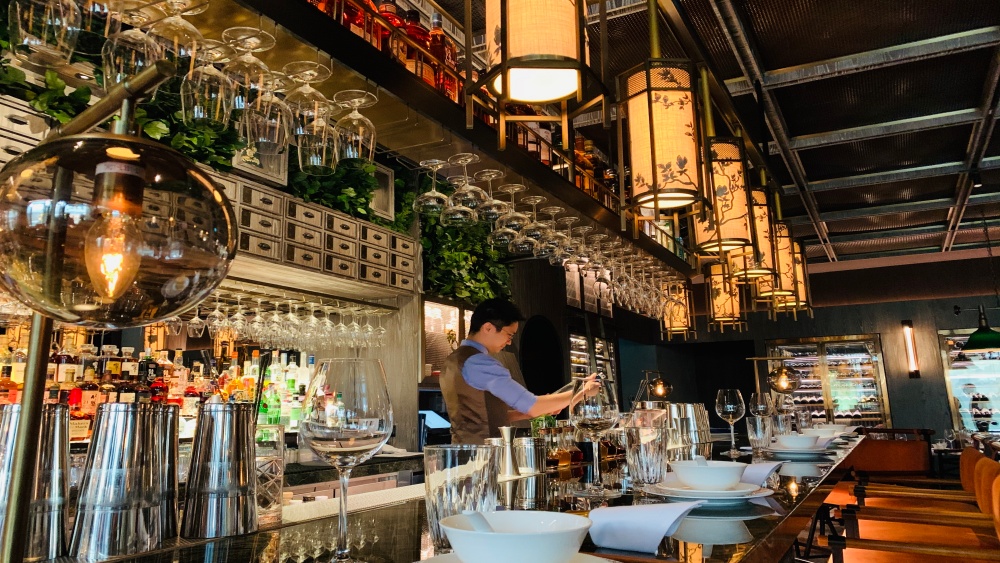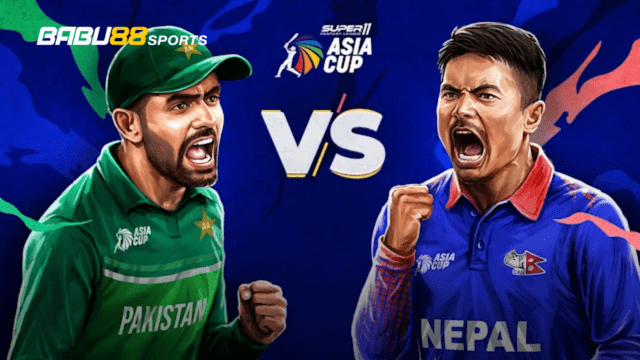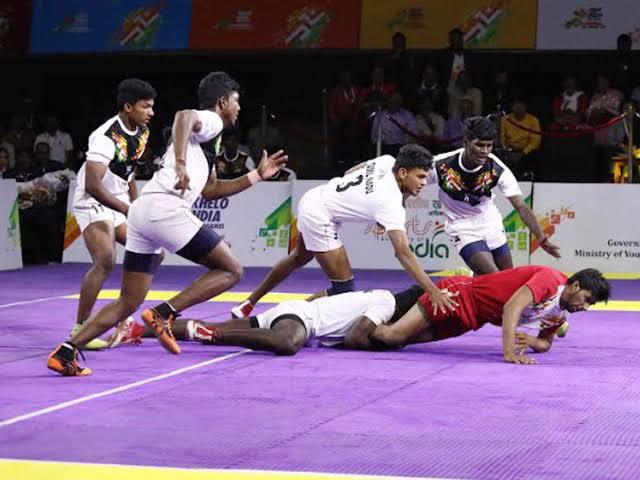In recent years, alcohol-free drinks have gained popularity, especially among the health-conscious and workout enthusiasts seeking a safer socializing alternative. With the growing wellness movement and the trend of mindful drinking, many are questioning: are these alcohol-free drinks genuinely beneficial for our health? Like most questions related to nutrition and health, the answer is a mix of yes, no, and maybe. Here’s a deep dive into the history, the good, the bad, and the ingredients that back it up.
What Are Alcohol-Free Drinks?
Alcohol-free drinks are beverages that mimic the taste and experience of traditional alcoholic drinks but contain little to no alcohol. They can range from non-alcoholic beers and wines to mocktails, which are alcohol-free versions of popular cocktails. Most alcohol-free drinks have an alcohol content of less than 0.5% ABV (alcohol by volume), which is the standard in many countries to label a drink as non-alcoholic.
The Origins Of Alcohol-Free Drinks
- Religious And Cultural Roots: In Islamic culture, the consumption of alcohol is prohibited, leading to a longstanding tradition of non-alcoholic beverages. Drinks like “sharbat,” a sweet beverage made from fruits or flower extracts, have been enjoyed in the Middle East for centuries. The prohibition of alcohol in various societies often led to the invention or popularization of alcohol-free alternatives.
- Temperance Movement: The 19th and early 20th centuries saw the rise of the Temperance Movement, especially in the US and UK. This movement, which advocated for the reduction or prohibition of alcohol consumption, popularized beverages like sarsaparilla, root beer, and ginger ale. The Temperance Movement not only promoted the moral virtues of abstaining from alcohol but also brought about the creation of many innovative alcohol-free drinks.
- Prohibition Era: During the Prohibition era in the United States (1920-1933), when the production, sale, and transport of alcoholic beverages were illegal, mocktails gained popularity. People started creating sophisticated blends of juices, syrups, and soda to mimic the taste of alcoholic cocktails.
Modern Evolution of Alcohol-Free Drinks
- Health and Wellness Movement: With the rise of health consciousness in the late 20th and early 21st centuries, many people began seeking healthier beverage options. The harmful effects of excessive alcohol consumption became more widely acknowledged, leading to a growing market for alcohol-free alternatives.
- Technological Advancements: Modern techniques like reverse osmosis and vacuum distillation have allowed manufacturers to produce alcohol-free beers and wines that taste much closer to their alcoholic counterparts than earlier versions did.
- Culinary Exploration: As the culinary world exploded with innovation and creativity, so did the realm of beverages. Mixologists began crafting intricate mocktails that rivaled traditional cocktails in flavor complexity and presentation.
- Rise Of Non-Alcoholic Spirits: The 21st century saw the rise of non-alcoholic spirits, like Seedlip and Ritual, which are designed to replace traditional spirits in cocktails. These products are crafted using botanicals and other natural ingredients, offering a sophisticated taste experience without the alcohol.
Now that we have understood the history and development of non-alcoholic drinks, along with the natural development and evolution of science and gastronomy, let us dive deeper into the good as well as the bad aspects of non-alcoholic drinks.
The Good
- Reduced Alcohol Consumption: The most obvious benefit is that alcohol-free drinks allow people to enjoy the sensation of drinking without the intoxicating effects of alcohol. This means no hangovers, no risk of drunk driving, and reduced risk of long-term health issues like liver diseases or addiction.
- Nutritional Value: Some alcohol-free drinks are fortified with vitamins and minerals. For example, certain non-alcoholic beers contain B vitamins like folate and riboflavin, which help support energy and red blood cell formation. Others might have added antioxidants or herbal infusions that can offer various health benefits.
- Hydration: Unlike their alcoholic counterparts, non-alcoholic beverages don’t have a diuretic effect. This means they won’t lead to dehydration, which is crucial for those engaged in physical activities, like martial arts.
The Bad
- Sugar Content: A major downside of many alcohol-free drinks is their sugar content. Just because it lacks alcohol doesn’t mean it’s free of calories or sugars. Some mocktails or non-alcoholic versions of cocktails can be laden with sweeteners and syrups, which can lead to weight gain and other health issues when consumed in excess.
- Artificial Additives: To make up for the lack of alcohol, some manufacturers add artificial flavors, colors, or preservatives to enhance the taste and appearance. These additives might not be ideal for those looking for a clean and natural beverage option.
- False Sense of Health: Just because a drink is alcohol-free doesn’t mean it’s a health drink. There’s a risk that consumers might perceive these as “healthy” and consume them in large quantities without considering the other ingredients.
What About Singapore?

Non-alcoholic drinks are now readily available at bars and restaurants as these options become increasingly popular for everyone to enjoy.
With the global trend of wellness and healthier living, there has been an increasing demand for non-alcoholic alternatives in Singapore. As consumers become more health-conscious and aware of the effects of alcohol, many are seeking out beverages that allow them to enjoy social occasions without the effects of alcohol.
Recognizing the trend, several bars and restaurants in Singapore have started offering non-alcoholic menus or have dedicated sections for non-alcoholic beverages. Some establishments even specialize in these drinks, offering a range of mocktails that are as intricate and flavorful as their alcoholic counterparts. To add on, Singapore’s diverse culture allows for the incorporation of local flavors, ingredients such as pandan, lemongrass, lychee and other tropical fruits are often used to create unique and refreshing beverages.
However, it’s worth noting that while the demand for alcohol-free options is rising, there are still many challenges. The perception of non-alcoholic beverages as being “lesser” than their alcoholic counterparts can be a hurdle. Additionally, “The Lion City” is also known for its vibrant nightlife, the social aspect of drinking can sometimes overshadow the non-alcoholic trend.
What’s Inside?
It is natural to feel curious about what non-alcoholic drinks taste like, and for those who want to incorporate it into their lifestyle, it’s essential to read the labels of alcohol-free drinks to understand what is inside these drinks. While some may be rich in certain nutrients, they might also be packed with unwanted additives.
For those looking into the nitty-gritty of what’s inside their drink, here’s a shortlist of common ingredients found in alcohol-free drinks and their health implications:
- Electrolytes: Some alcohol-free drinks, especially those marketed as recovery or sports beverages, contain electrolytes like sodium, potassium, and magnesium. These are essential for muscle function and can help with rehydration, especially after intense workouts.
- Herbal Infusions: Drinks with ingredients like chamomile, lavender, or ginger can offer digestive and calming benefits. These natural infusions can be a great addition to a relaxation routine.
- Vitamin Fortifications: As mentioned earlier, certain alcohol-free beers and drinks are fortified with vitamins. These can be a decent source of nutrients, but it’s essential to note that natural food sources are always preferable.
- Antioxidants: Some beverages boast of their antioxidant content, derived from fruits, berries, or even tea leaves. Antioxidants help neutralize harmful free radicals in the body and can support overall health.
Conclusion
The world of alcohol-free drinks offers a myriad of options for those who wish to indulge without the repercussions of alcohol. While they can be a healthier alternative in some cases, it’s essential to remain informed about what’s inside your drink. Reading labels, understanding ingredients, and being mindful of sugar and additive content will help you make the best choices.
As with many things in life, moderation is key. Alcohol-free drinks offer a valuable alternative for those wishing to avoid alcohol but still enjoy a flavorful beverage. They come with certain health benefits, but it’s essential to be aware of their sugar content and potential drawbacks.
For martial arts enthusiasts in Singapore and worldwide, the key is balance. Whether you’re unwinding after a rigorous training session or socializing with friends, choose your beverages wisely. And always remember, moderation is the key to enjoying any drink – alcoholic or not!
Unleash Your Inner Warrior At Evolve MMA Today!
In addition to their highly experienced team of trainers, Evolve MMA offers a wide range of martial art packages with classes taught by World Champions across all major disciplines, including Muay Thai, Boxing, Brazilian Jiu-Jitsu, Wrestling, Submission Grappling, MMA and more. Our classes cater to all age groups, genders, skills and fitness levels, so even beginners can try it out. So work hard and play hard – all at Evolve MMA. Contact us for a free trial to begin your warrior lifestyle today.
Book your complimentary trial class with our World Champions below!
If you have any other questions regarding Evolve MMA and the programs we offer, you can get in touch with our membership executives at the following locations:
Evolve MMA (Far East Square)
26 China Street
Far East Square #01-01
Singapore 049568
Phone: Evolve MMA (Orchard Central)
181 Orchard Road
#06-01 Orchard Central
Singapore 238896
Phone: Evolve MMA (KINEX)
11 Tanjong Katong Road
#02-52 KINEX
Singapore 437157
Phone: Evolve MMA (Star Vista)
1 Vista Exchange Green
#02-26A The Star Vista
Singapore 138617
Phone: (65) 6539 9590
Diabetes is a pressing health issue not just globally but also in Singapore, where it is considered one of the most common chronic conditions. According to the Ministry of Health (MOH) in Singapore, the prevalence…
Mixed Martial Arts (MMA) has taken the world by storm, captivating millions with its blend of various combat sports and its emphasis on both physical and mental prowess. In Singapore, this dynamic sport has gained…
In bustling Singapore, where a myriad of cuisines greet us at every corner, making informed food choices is crucial. For athletes and fitness enthusiasts, especially those from the martial arts community, understanding what goes into…
So you’re finally done with school and on your way to your first job. Congrats! Starting a new office job can be exciting. It marks a new chapter in your professional life. However, adapting to…
In recent years, Singapore has rapidly emerged as a global hub for health, wellness, and fitness. With its world-class medical facilities, efficient healthcare system, and a proactive approach to public health, the nation has continually…
In the heart of Southeast Asia, Singapore is renowned for its diverse culinary landscape. As an island nation that treasures food, it’s evolved to cater to a multitude of dietary preferences. For martial artists training…
Physical training, mental preparation, and proper nutrition are essential for peak performance. While certain foods can help boost athletic performance, others can significantly hinder it. Nine Foods That Diminish Athletic Performance This article will…
The question of which approach to sparring is better is often asked in martial arts spaces like Muay Thai, Boxing, or other combat sports. The answer lies right in the middle since each approach to…
Brazilian Jiu-Jitsu (BJJ) has emerged as one of the treatment options for neurodivergent individuals. Neurodivergence refers to individuals whose brains function in one or more ways outside the typical standard. It can manifest in several…
Grips are an important and necessary part of the Muay Thai clinch. While some fighters may prefer to grab the arms in order to control their opponents and maintain the space needed to throw elbows,…
Be it BJJ or Submission Grappling, the primary goal is to get into dominant positions. It allows you to set up various attacks and finish the match in your favor. While being in a dominant…
Learning how to box can be a life-changing experience. It’s a lot more than learning how to throw punches or block them. Boxing takes you on a journey that takes you to the best physical…












